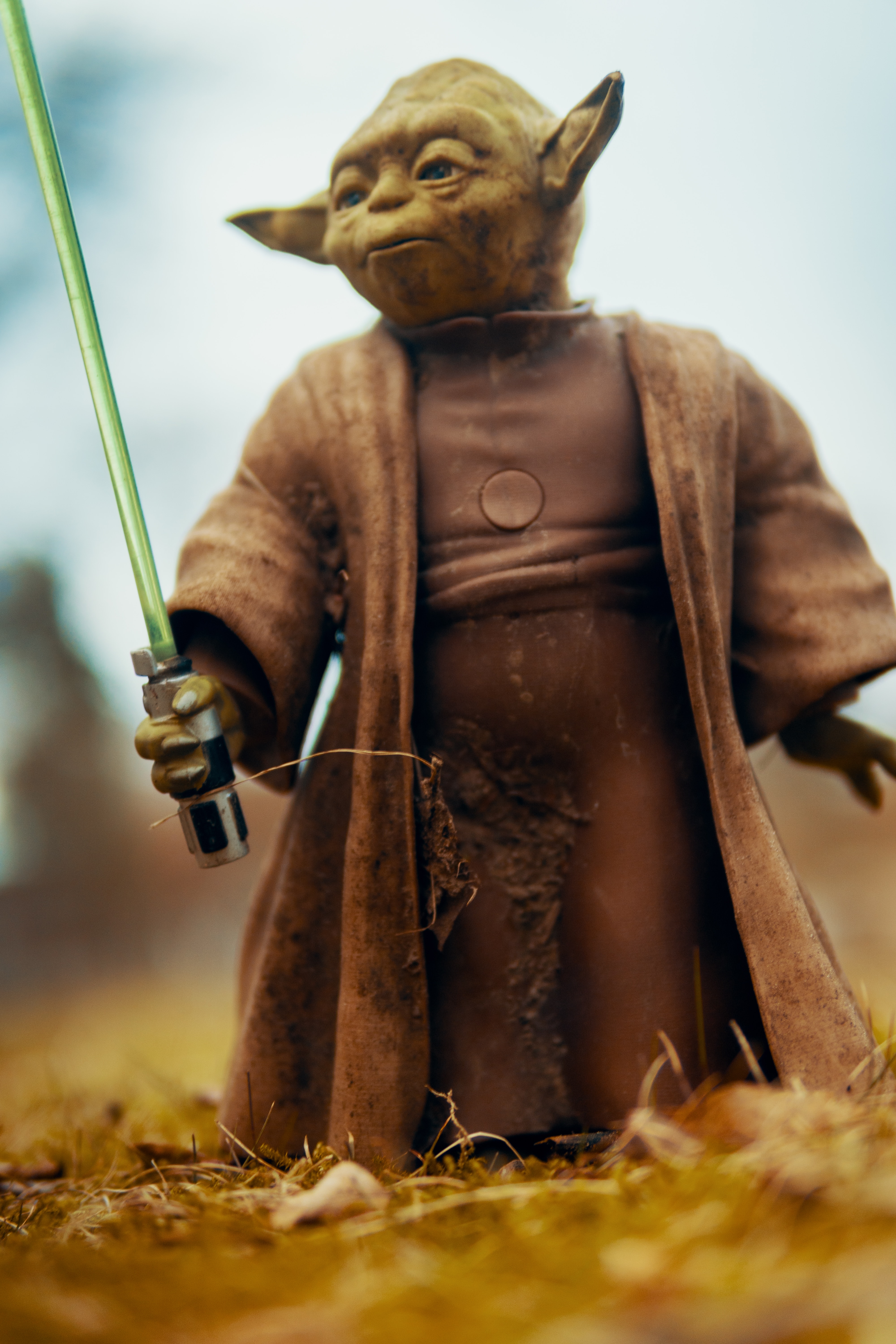“The illiterate of the 21st century will not be those who cannot read and write, but those who cannot learn, unlearn, and relearn” -Alvin Toffler.
When we are born, we are ‘pure’. There is purity of thought and action. The influences of society have not yet encroached upon us. As early as a few months we are subject to the bias of our parents, siblings, and all those who encounter us. The brain starts to learn ‘what to do’ and ‘what not to do’. Anyone who has parented (and ‘reformed’) a ‘terrible twos’ kid will understand what it means to influence a child.
The biases we learn, stay with us through out our lives. The girl who was told her voice was cacophonic may never sing, the kindergarten teacher who snapped at the boy for not following instructions while painting, may never think ‘outside’ the box.
Our experiences shape our bias. A simple example: I was using the sharpest knife in the kitchen to slice a long dog treat. The knife sliced thru the treat and part of my left index finger. Long story short, I was waking around with a bandaged index finger for two weeks. Once I was able to re-use the finger, the mind had learned to keep it in ‘straight’ position. I realized I had to unlearn the habit of not using that finger.
There is a great deal of effort expended on the Learning process. We go through school, spend tons of money on college tuition and continue our academic and professional education. In many cases 20% to 25% of our lives are spent on formal learning. In our jobs and professions, we persist with the learning culture — formally and informally. While this process is critically important, we don’t spend much time on unlearning processes.

The unlearning process is primarily seen as forgetting, ‘editing’ or refining what we have already learned. It is built into the learning process; hence very little unlearning happens.
Let’s take a step back to see what has been happening as we are learning. The textbooks we learnt from in school were written years or decades ago. The college education was taught with an implicit bias from the professors. The business culture you learned at your jobs was forced on you by the management. The stereotypes and habit you have formed were learned from friends and family.
And all around you the world has been changing at lightening speed. For example, Immigrants who have moved to the United States retain a view of their homeland as a snapshot in time. Their minds have learned the culture, habits, preferences and attitudes of the time they left the homeland. The manipulation of their minds by the homeland society decreases exponentially once they leave. While the homeland may change, in the immigrants mind they have the same picture as they did when they left years ago.
So too, our brain retains the learning of the past. We approach the problems we face, the solutions we desire and our day to day activities, with the same set of learning.
One of the most dangerous lines in business and in life is “we have always done it this way.”
So how do we unfreeze our brains and make a paradigm shift in our thinking. We need to recognize that unlearning is difficult. It is challenging because:
Old habits die hard. There is comfort in routine, even if that routine no longer applies or even makes sense. There is inertia in our thoughts, that needs to be overcome.
“Nothing so needs reforming as other people’s habits” — Mark Twain.
A little tongue in cheek humor from the beloved writer. Yet so true from an unlearning perspective. We are so set with our habits we fail to recognize that there is always another side to the coin.
Fear. We fear the unknown. If we have always done it ‘this way’ and for the most part and it works, why try something else. I can swim from one end of the pool to the other, keeping my head above water. Do I really need to learn proper breathing techniques? The answer is yes, if you want to go further. I would need to unlearn my improper but workable stroke and relearn the proper method.
Brain Algorithms. The brain stores the learned process in its algorithms. Repeating the process strengthens these algorithms. The malleability to change decreases. A stunning example is the “Backward Riding Bicycle”.
We have all heard the phrase ‘you never forget how to ride a bike.’ And that’s true as the brain has stored your bike riding abilities. But what happens if the bike is changed (turning the handle left makes it go right and vice versa); we cannot ride anymore.

The only thing that’s constant is change. The people around us change, our relationships change, technologies change and the environment around us changes. To help us navigate this terrain, we must change. Change comes through unlearning and relearning. We have mastered the process of learning; we now need to unlearn and relearn.
Explicit Biases are those which we express outwardly. With little thought we can express our distaste or preference for certain foods, places or political views. These explicit biases are easy to recognize and through a concerted effort can be modified or changed.
Implicit Biases are those we indirectly communicate or imply. These biases are harder to recognize and challenging to change. It requires firstly, a deep introspection and an awakening of the mind, to comprehend that certain behaviors, exist deep within us that require change. The second part is a paradigm shift, from the internally accepted point of view, to a new ‘universal’ truth. The process may even need to be iterative before the necessary adjustments have been made. Research has shown that “automatic and controlled intergroup bias can be modified through diversity education. The “malleability of implicit prejudice and stereotypes” can be changed through an appropriate process.
Once the concept of unlearning has been accepted, the speed at which the unlearning process happens can vary. It is implicit with the unlearning process that a relearning take place. This can happen as a result of:
1)Slowly replacing certain information with new data,
2) It may be a formalized step you have taken to relearn or
3)It could be a triggered by an event — tragic or joyful — that made your brain suddenly realize a truth that was hidden.
As said so clearly by Yoda:
“You must Learn to Unlearn…Don’t try… either Do or Do Not.”



